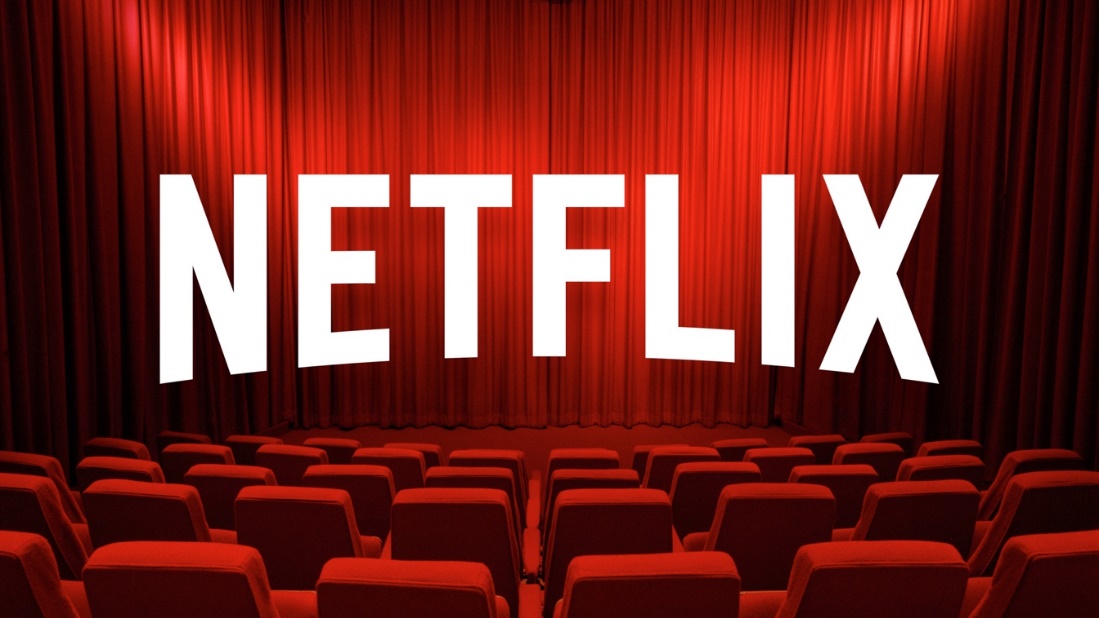CinemaCon’s celebration of the exhibition came on the heels of a reckoning in the world of streaming. Last week began with an embarrassing collapse of CNN+, which Warner Bros. Discovery shut down only one month after its debut. The downfall of CNN+ was particularly embarrassing after the company invested $300M to develop and launch the service.
Bad news for streamers continued to roll in, after Netflix’s surprise announcement that its U.S. subscriber count had dropped in Q1, with a projection of even steeper declines in Q2. Wall Street’s takeaway appears to be that the growth in streaming has stalled and that major players will now need to adapt by finding new models in order to return to growth.
The most widely-discussed directions that Netflix could pursue to increase revenues are to (1) introduce a free or low-cost service that is supported by ads, (2) crackdown on widespread password-sharing, and (3) partner with exhibitors to kick off the release of Netflix’s top tier of feature movies in theatres.
Another interesting angle was offered this week by Jason Blum, founder of the production company Blumhouse. In an op-ed article published by New York Times, Blum suggests that Netflix should strike talent agreements that guarantee actors and directors less money upfront, but a higher percentage of the income earned from successful release.
This approach would reduce Netflix’s up-front production costs, perhaps substantially, and increase incentives to create content with audience appeal. Up to this point, Netflix has held its performance data closely. But with the streaming giant in a weakened position, any model that has the potential to reduce costs and increase the marketability of its content should be considered.











